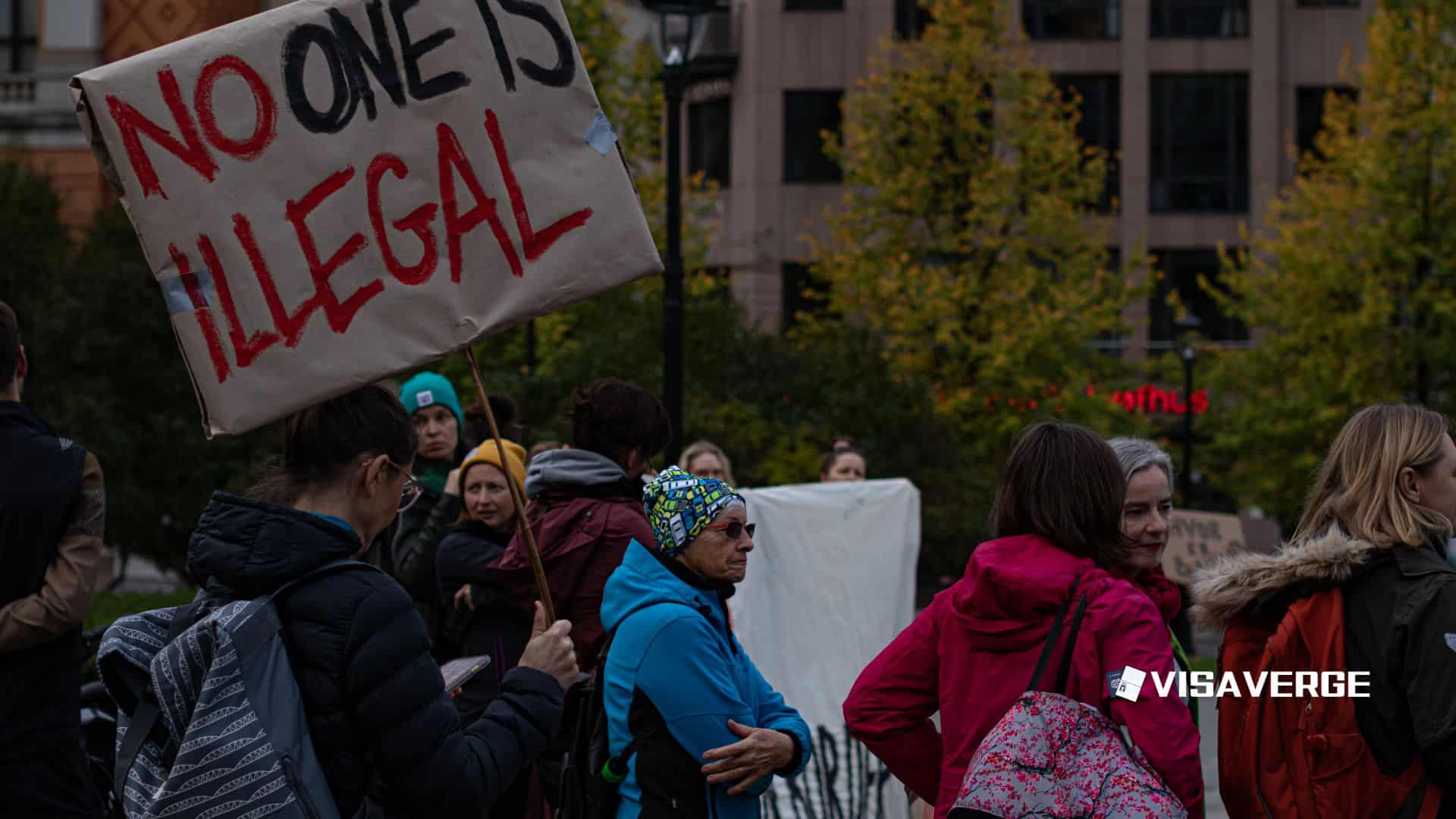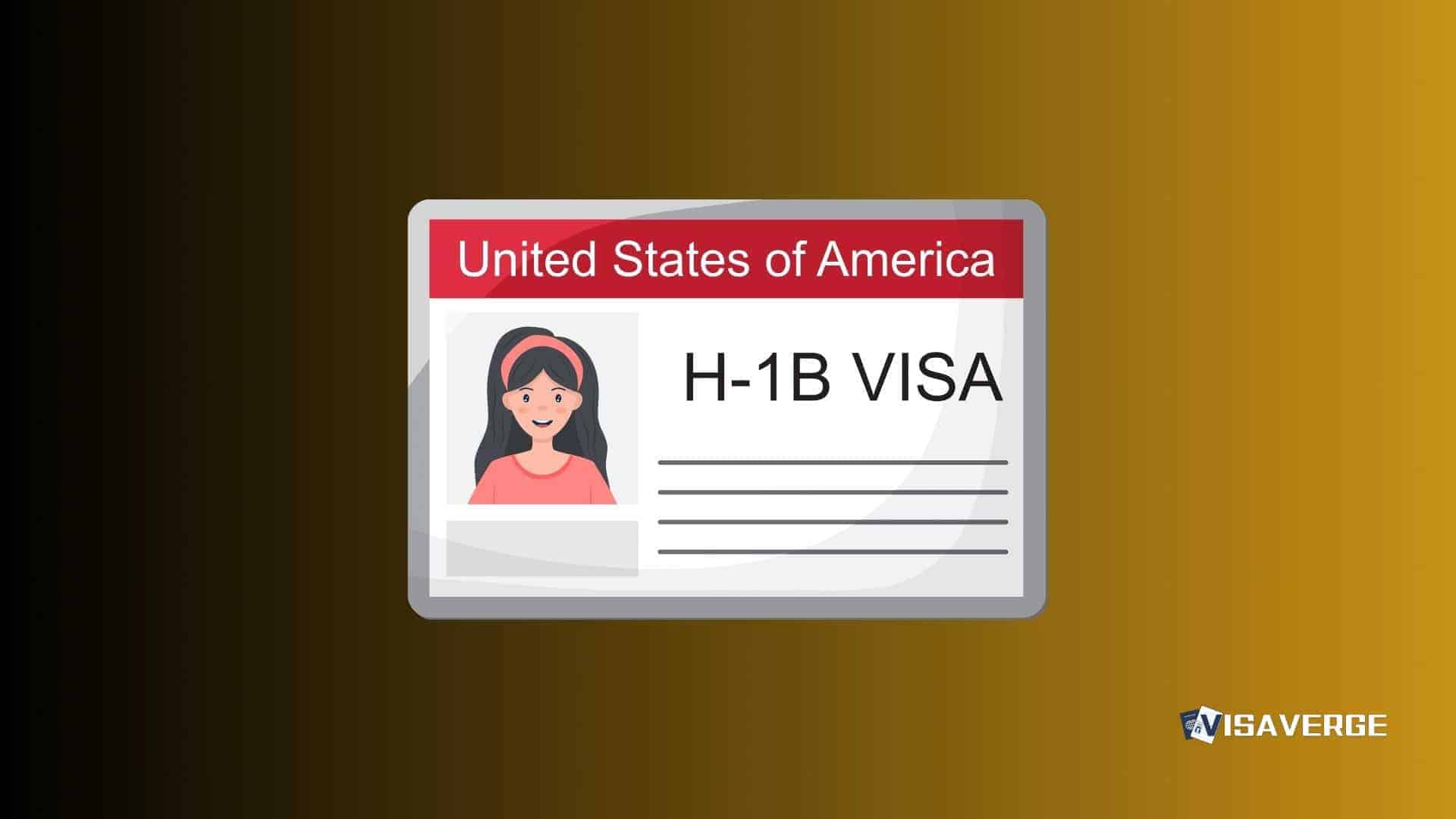(SHANGHAI, CHINA) An Indian woman from Arunachal Pradesh says she was held for nearly 18 hours and subjected to what her state’s chief minister has called “racial mockery” by Chinese immigration officials at Shanghai Pudong International Airport, triggering a sharp political and diplomatic reaction in India and fresh anger over China’s position on the border state.
What happened to the traveller

- The woman, Prema Wangjom Thongdok, was travelling on a valid Indian passport when she arrived at Shanghai Pudong International Airport.
- Indian officials say Chinese immigration officers declared her passport “invalid” because it listed her birthplace as Arunachal Pradesh.
- China refers to the region as “Zangnan” (South Tibet) and disputes its status. That dispute was reportedly central to how the officers treated her.
Detention and treatment at the airport
- Thongdok was detained at the airport for close to 18 hours, Indian officials say, unable to clear immigration or freely continue her journey.
- During this period she was questioned and held apart from regular passengers.
- The prolonged detention and officials’ comments about her birthplace have been described in India as both a political insult and a personal trauma.
Political reaction in Arunachal Pradesh and India
- Arunachal Pradesh Chief Minister Pema Khandu issued a strong statement, saying the conduct of the Chinese immigration officers crossed diplomatic lines and basic standards of respect for travellers.
- He called it a “violation of international norms and an affront to the dignity of Indian citizens.”
- In a post on X (formerly Twitter), Khandu wrote:
> “Subjecting her, despite a valid Indian passport, to such treatment is appalling. Arunachal Pradesh is and will always be an integral part of India. Any insinuation otherwise is baseless and offensive.” - Khandu described the conduct as “humiliation and racial mockery,” saying the focus on her origin from Arunachal Pradesh showed bias beyond normal immigration checks.
- He stressed the treatment was not only an insult to one woman but to the people of his state and to India’s sovereignty.
Central government response
- The Indian central government has lodged a strong diplomatic protest, arguing that detaining a passenger based on birthplace breaches basic principles of international travel.
- New Delhi emphasized that such actions at an international airport undermine confidence that travellers with valid documents will be treated fairly.
- Officials noted that questioning an Indian passport on these grounds clashes with international civil aviation norms, which focus on document validity rather than political disputes.
Travel guidance and potential policy implications
- The Indian government points citizens to official guidance before travel, including notes on visa rules and entry conditions published through the Ministry of External Affairs’ travel advisories: https://www.mea.gov.in/travel-advisories.htm
- While those advisories do not cover every political risk, cases like Thongdok’s may increase pressure for clearer warnings where passports could be questioned for political reasons.
Emotional and community impact
- Reports from Shanghai have stirred anger and anxiety among people from Arunachal Pradesh.
- Many residents already contend with debates about maps and territorial claims; seeing a passport labelled “invalid” for listing Arunachal Pradesh can feel like a direct attack on identity.
- The emotional impact extends beyond the delayed trip: long detentions, constant questioning, and limited information can turn routine checks into frightening ordeals, especially when the traveller is far from home and in a foreign-language environment.
Broader consequences and analysis
- According to analysis by VisaVerge.com, similar airport incidents often lead to long-term worries among affected communities.
- Even when governments issue diplomatic protests, travellers from targeted regions may travel with fresh fear of extra screening or document challenges.
- Such fear can influence decisions about studying, working, or attending conferences abroad—particularly for destinations seen as politically tense.
- The case feeds a wider conversation in India about how racial mockery and humiliation at foreign borders should be addressed.
- Immigration officers have authority to refuse entry or hold people for questioning, but there is growing public sentiment that such power should not be used to insult race, region, or national identity.
- For people from border states like Arunachal Pradesh—where questions of territory and belonging are sensitive—harsh treatment at foreign immigration counters can feel doubly painful.
Key facts and concerns
- Indian officials stressed that Thongdok held a valid Indian passport, the core travel document issued after due verification.
- Declaring that passport “invalid” because of the state named in the birthplace field is seen in India as both offensive and arbitrary, particularly when that state is fully administered by India.
- At Shanghai Pudong International Airport, the power imbalance between a solo traveller and immigration officials is stark. Officers control access, decide who may pass, and often serve as the first face of the state for foreign visitors.
- When that power appears to involve racial mockery or political point-scoring, it risks damaging not just one person’s trip but a wider sense of safety among visitors.
Ongoing developments and public expectations
- Indian authorities are pressing their protest through diplomatic channels, while voices from Arunachal Pradesh keep attention on how one of their citizens was treated.
- Khandu’s public defence and strong wording reflect both political pressure and genuine anger among constituents who see the case as a test of how firmly India defends their identity abroad.
- Many Indian travellers—especially those from Arunachal Pradesh—will watch how Chinese authorities respond and whether measures are taken to prevent similar incidents at Shanghai Pudong International Airport or other entry points.
Final takeaway
- For people who depend on cross-border travel for work, study, or family ties, the hope is simple: that their passports will be recognized as valid documents, not treated as tools in a political dispute, and that no one will have to endure 18 hours of humiliation and racial mockery just to cross a border.
Prema Wangjom Thongdok, an Indian national from Arunachal Pradesh, was detained for nearly 18 hours at Shanghai Pudong Airport after Chinese immigration officers reportedly declared her valid passport “invalid” due to her birthplace. Arunachal Pradesh’s chief minister condemned the treatment as racial mockery, and New Delhi lodged a strong diplomatic protest. The case has heightened anxiety among residents of border states and raised calls for clearer travel guidance and protections against discriminatory checks.













